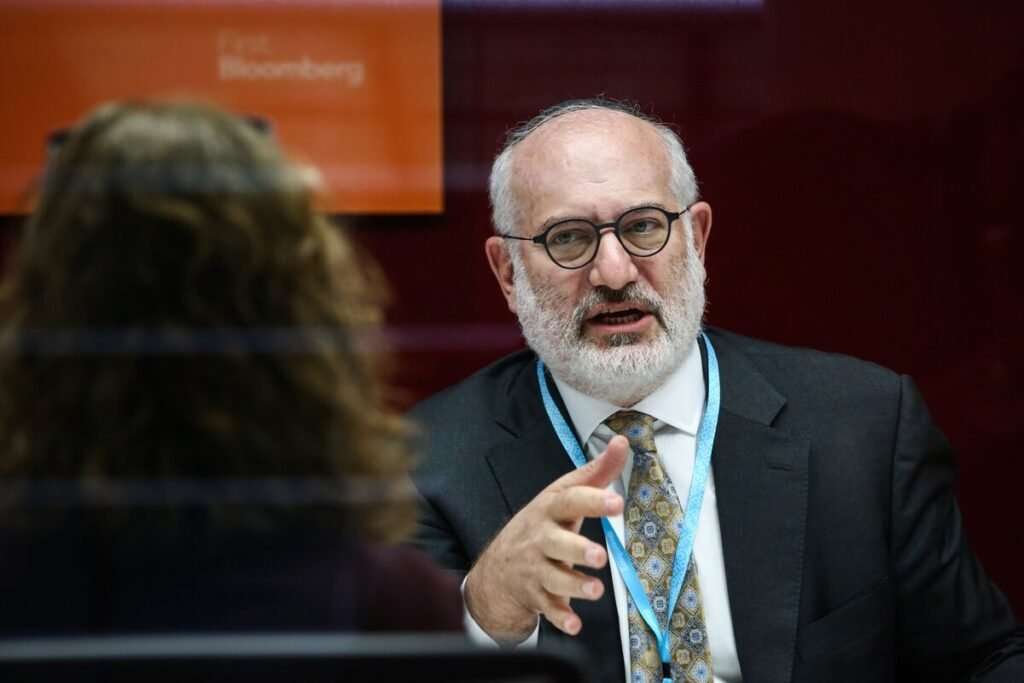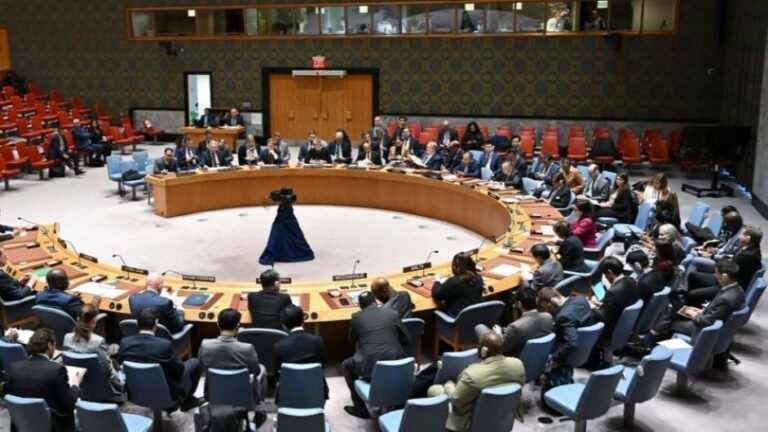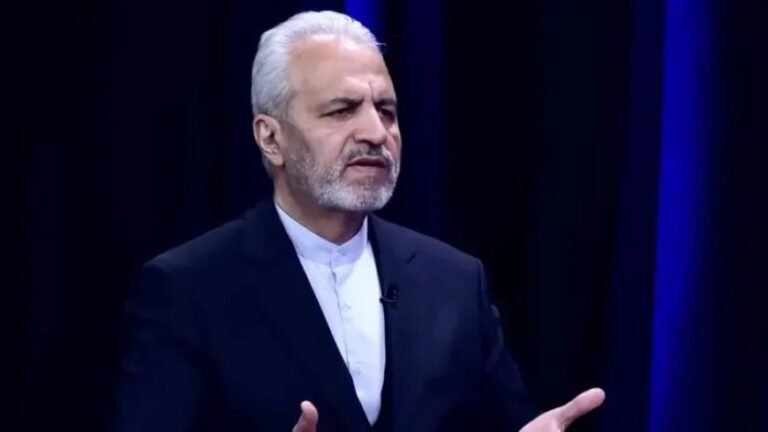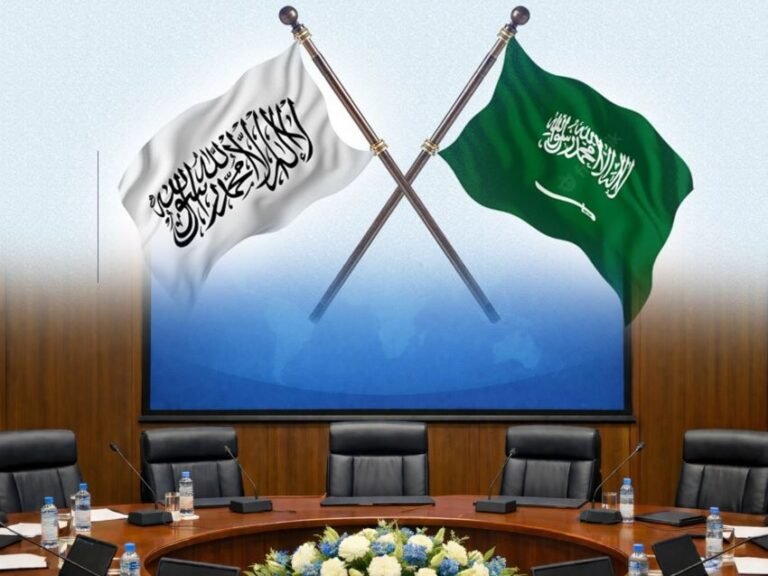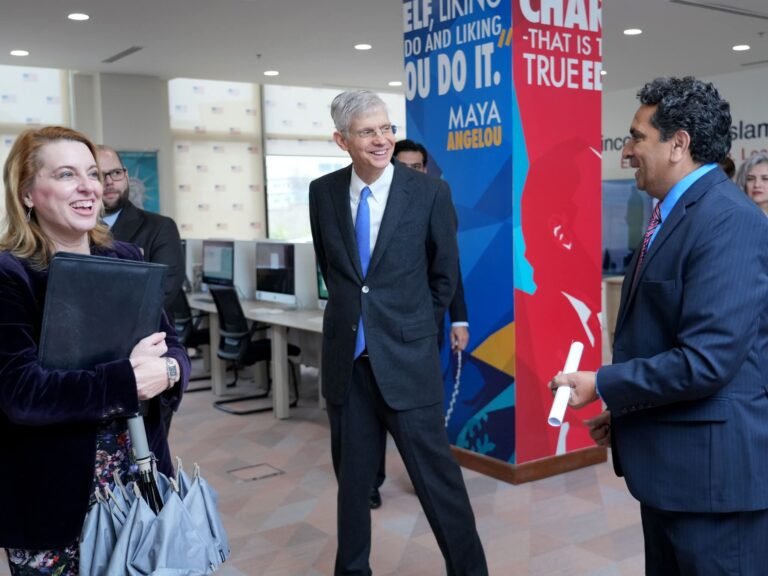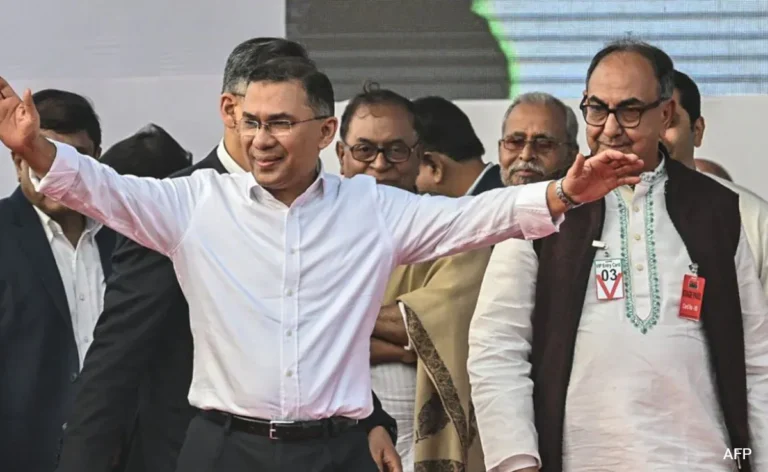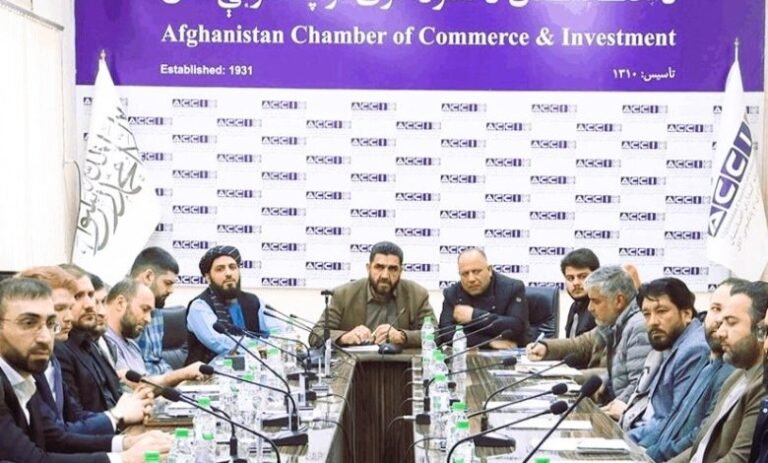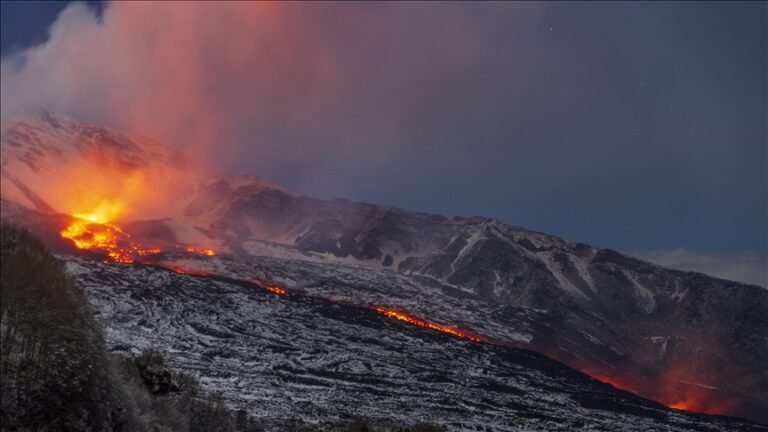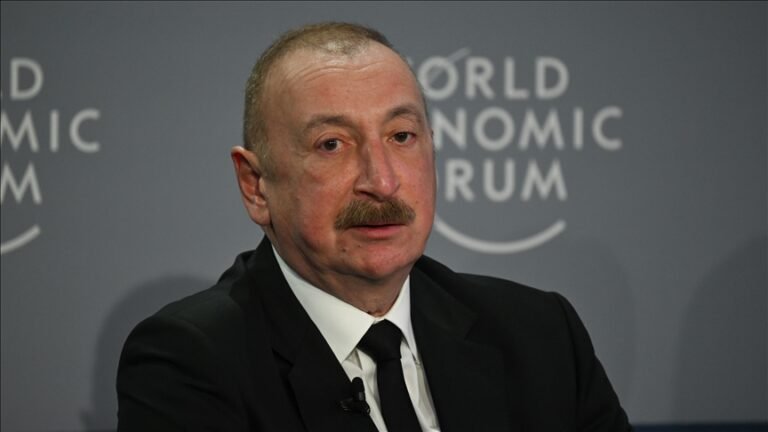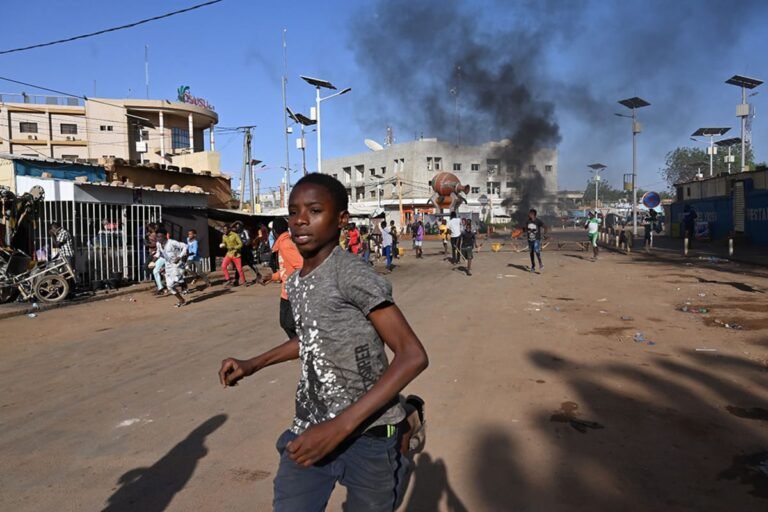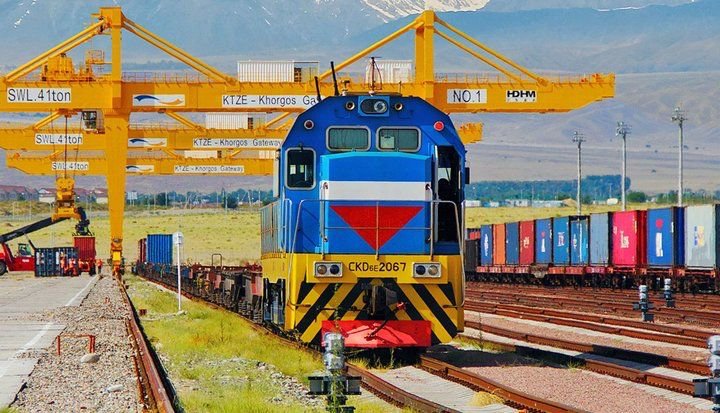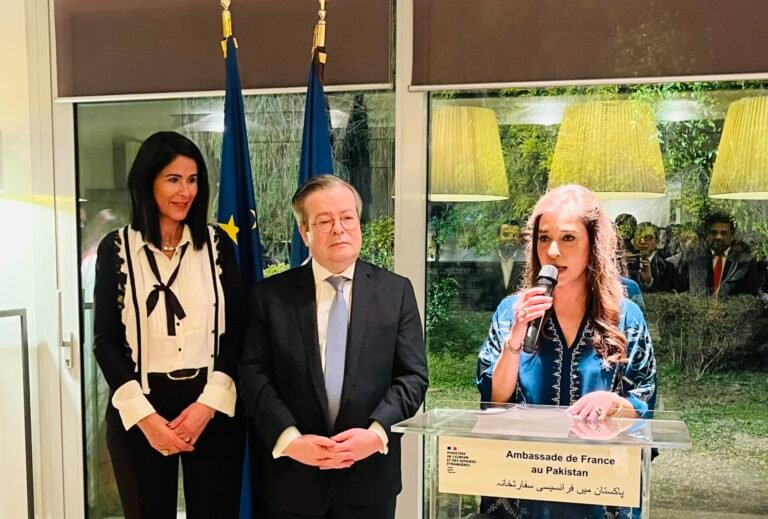In Argentina, a country rarely spotlighted in global media, one man quietly controls vast swaths of land, capital, and political influence — Eduardo Elsztain, a businessman whose reach extends from Buenos Aires to Wall Street and Jerusalem. His story reveals how economic elites intertwine with religion and politics to shape not only Argentina’s future but also the geopolitical landscape of the Americas and beyond.
Eduardo was born and raised in Buenos Aires in 1960. In his adolescence he attended Colegio Nacional and, upon graduating, spent one year in compulsory military service and another at the Escuela de Líderes in Jerusalem. Like his religion, medicine and business are part of his family tradition, and Elsztain flirted with both: first he enrolled in medicine, then economics. Although he didn’t finish either degree, the latter provided him with contacts he would later use in the business world.
He grew up watching his grandfather Isaac —founder of IRSA in 1943— operate in real estate, often accompanying him to meetings with bankers and investors.
The company started off very well but faced difficulties during the 1990s, trading for barely 100,000 pesos. Elsztain took advantage of the devaluation and, following his grandfather’s teachings, contacted his friend Marcelo Mindlin, president of Pampa Energía, Argentina’s main energy company. Together they invested in IRSA, and Elsztain ultimately took control of the company. It became incredibly lucrative; indeed, it was nicknamed the most successful commercial marriage of Menemism.
In 2017, Elsztain and Mindlin appeared in the Paradise Papers — a journalistic investigation based on leaked documents from offshore law firms and corporate registries. The revelations exposed how multinational companies and wealthy individuals used complex financial structures to avoid taxes and conceal assets in tax havens. The list also included MercadoLibre founder Marcos Galperín, and officials from the then-government of Mauricio Macri: Luis Caputo, Minister of Finance (and current Minister of Economy under President Javier Milei), and Juan José Aranguren, Minister of Energy.
IRSA continues to be Argentina’s leading real estate company, developing many high-end malls and projects across the country.
Elsztain’s holdings extend far beyond real estate. In 1994, he acquired Cresud, an agro-industrial company managing about 850,000 hectares of farmland in Argentina, Brazil, Bolivia, and Paraguay. His introduction of transgenic soy and corn-fed cattle transformed Argentina’s historic beef industry, a significant change in the country’s food production.
Eduardo holds substantial influence not only in the region but also in the United States and Israel —the two countries most coveted by the current Argentine president. Within the global elite, he is connected to controversial figures like Henry Kissinger and the Rockefeller family, who attempted to pressure Argentina during its crisis to exchange debt for Patagonia’s territory.
His success was also aided by American billionaire Zionist activists: Sam Zell, Michael Steinhardt, and Edgar Bronfman, former president of the World Jewish Congress. Bronfman offered him the position of treasurer in the Congress, a body Elsztain later joined in 2005.
Religion, economy, and politics: The triad connecting Elsztain and the Argentine President
Despite his enormous influence, Elsztain isn’t among the most publicly recognized local businessmen. His name made headlines recently due to President Milei’s extended stay at Hotel Libertador, with no official payment recorded for the luxurious rooms and meeting spaces used by the libertarian economist — raising questions about possible favors. Elsztain’s presence in Congress drew attention when he was seen applauding Milei at the presidential inauguration. “It’s the first swearing-in I attend,” he said in an interview.
The billionaire plays a key role in the current administration, not only in business but also in religion —two areas closely linked by Javier Milei himself. Elsztain has acted as a liaison between the president and the Jabad Lubavitch Orthodox Jewish movement, a transnational branch of Hasidism with strong geopolitical influence. In Argentina, its prominent figure is Rabbi Tzvi Grunblatt.
As the personal is political, so is the religious — and this connection allowed Elsztain to influence official appointments. Milei’s ideological framework draws on traditionalist, anti-communist, and millenarian Judaism. Visiting the tomb of the “Rebbe” (a suggestion by Elsztain) and the movement’s headquarters in New York signaled a fusion of political and religious narratives. Further evidence includes his symbolic use of Hebrew terms, Instagram posts referencing biblical ideas, and his stated goal of relocating the Argentine Embassy from Tel Aviv to Jerusalem.
However, not all of Argentina’s Jewish community supports this political use of religious symbols. Many voiced their rejection of Milei and Vice President Victoria Villarruel. Under the slogan “Not in our name” they condemned Milei’s use of religious symbolism and Villarruel’s denialism. They criticized her defense of a dictatorship with a documented record of antisemitic violence. Their statement asserted that “the Jewish ethics we embrace are rooted in equality and social justice — the very principles Milei considers aberrant. Our Judaism stands in direct opposition to his political project.”
Wealth concentration in the hands of the 1%
According to a report by Oxfam, nearly two-thirds of new wealth generated since 2020 belongs to one percent of the world’s population, who hold almost twice the capital of the remaining 99 percent. Half of that new wealth in the last decade has been concentrated within that tiny group. The report is published each year at the World Economic Forum in Davos, Switzerland — a gathering of top state officials, political and business leaders, and civil society. Javier Milei attended the latest forum, where Elsztain is a regular participant.
“The law of the richest” explains the paradox of simultaneous growth in wealth and poverty after 25 years. Meanwhile, the elite debate solutions to poverty, gender inequality, and climate crisis — problems they have helped create while accumulating their fortunes. Former president Cristina Fernández de Kirchner argued that real power lies beyond elected office, with global financial actors who can shake economies at the press of a key.
Elsztain’s ascent exemplifies the growing fusion of wealth, political power, and religious influence shaping countries worldwide. As economic inequality rises and political ideologies entwine with faith, understanding such figures is key to grasping the future of global governance. In this era of interconnected crises, dissecting these hidden networks is not just an academic exercise — it is essential for any democracy striving to reclaim control from unseen hands.
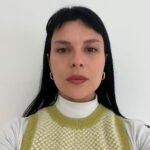
Agostina Polischuk
Agostina Polischuk is an Argentine investigative journalist specializing in politics, human rights, and media analysis. Her work focuses on the intersection of state power, corporate influence, and freedom of expression in Latin America. She has contributed to independent outlets such as Enfant Terrible and has experience in digital communication, education, and gender issues. Agostina is currently expanding her international reporting to explore how global networks of influence shape local democracies. She can be reached at polischukagostina@gmail.com

